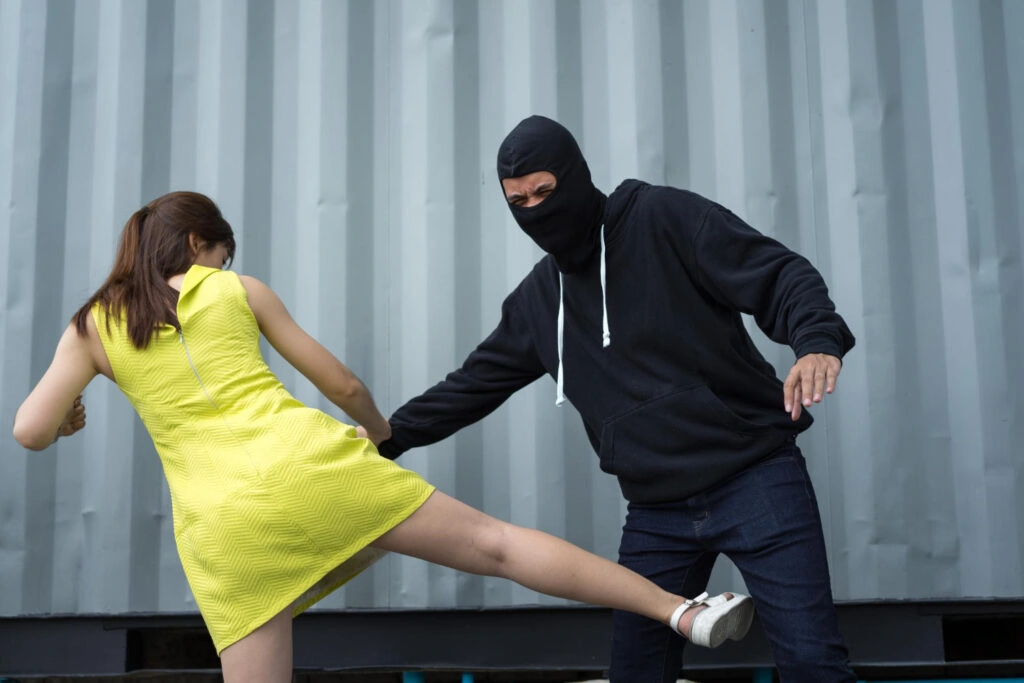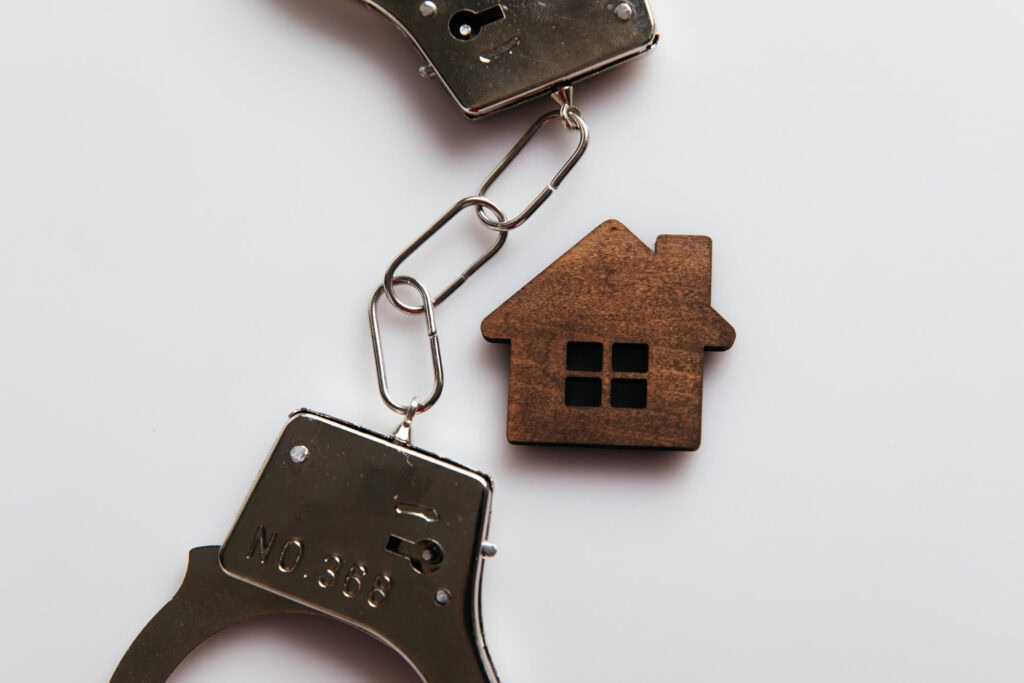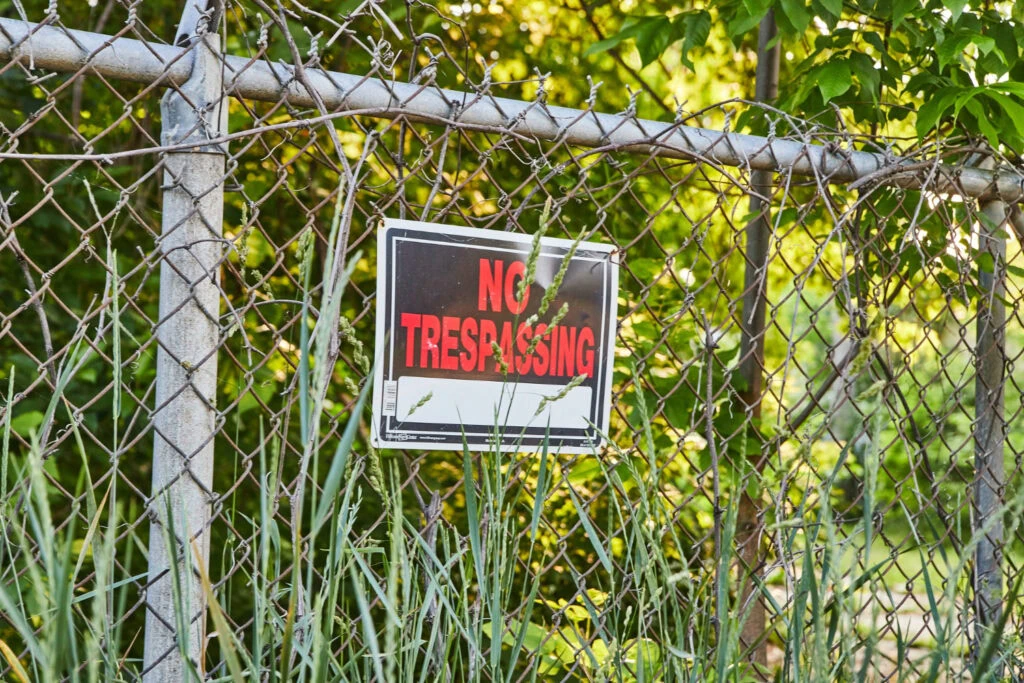To protect oneself from harm has its limitations. There are limitations to self-defense that contain nuances. It’s important to understand the laws surrounding self-defense in the event it becomes relevant.
Knowing your rights will allow you to make the right split-second decisions should it ever become necessary.
What does it mean to act in self-defense?
To act in self-defense means that a person acts in a manner that defends his person from someone who seeks to harm him.
The threat must be imminent; otherwise, it is considered to be retaliation, not self-defense. In order to determine whether a person acted in self-defense, the court is asked to consider what a reasonable person would do in a similar situation. For example, if a person attempts to hit another person, the potential victim can stop the assailant from harming him.
What does it mean to stand your ground?
California does not require people to run away, retreat, or hide should they find themself being attacked. The law allows people to stand their ground – to defend themselves – against an attacker. This means that a person can defend themself in a manner proportional to the force applied by the assailant.
What can I do as part of acting in self-defense?
Self-defense has a few ground rules. The level of force used to defend oneself should match the level of force being applied to the defender.
For example, if an attacker is using a metal spoon to inflict pain, using a spiked club would not match the level of force being applied. However, if the attacker is brandishing a firearm, the defender can use the gun in self-defense.
What is the Castle Doctrine?
The Castle Doctrine, under California’s Penal Code 198.5 PC, says that a person is allowed to defend their home.
If an intruder enters a person’s home with a method of deadly force, the homeowner is allowed to use deadly force to protect himself, his loved ones, and his home. The reasoning behind this is that there is a legal presumption that the homeowner reasonably fears that someone may harm those in the home.
Under Penal Code 198.5 PC, the Castle Doctrine applies to homeowners in California. The doctrine allows for lethal force.
Does self-defense include protecting others?
Yes. In California, a person is allowed to defend another person. Similar to self-defense for one’s own person, the law requires that the defender who protects another person must have a reasonable belief that the assailant was going to harm the protected person. The threat of harm must also be imminent and the level of force should match the attacker’s.
For example, if Person B points a firearm at Person C, Person A can stop Person B from attempting to harm Person C. Person A can even use his own legal firearm to protect Person B because Person B is using a firearm to potentially harm Person C.
What is not considered to be acting in self-defense?
- If a person provokes another person with the intent to harm, the provoker cannot claim self-defense if attacked. For example, let’s say that Person A taunts Person B and flashes a knife at him. Person B attacks Person A, maybe even in self-defense. Person A cannot say that he acted in self-defense since he provoked Person B.
- If a person trespasses onto someone else’s property, the person cannot claim self-defense if the homeowner defends his property. Trespassing is a crime. The homeowner can claim that he was protecting himself, his family, and his property under the Castle Doctrine.
- If the danger is not imminent, a person cannot claim to have acted in self-defense. Attacking someone hours later is not considered to be self-defense; it is retaliatory.
What if the person later learns that they were never in real danger?
As long as a person reasonably believes that he is in danger, he can act in self-defense. Reasonability is determined by the jury and argued by the defendant.
Let’s say that Person A is walking at night with a few street lamps to illuminate the road. Person A hears a noise turns around, and sees Person B pointing a firearm at him. Person B says that he will shoot Person A. Person A is legally carrying a firearm. He shoots Person B in the leg and calls for help.
Later, Person A learns that Person B was carrying a fake gun that didn’t contain any bullets. Given the situation, the court may find that Person A acted out of self-defense even though he was never in real danger.
In addition, Person A was able to use deadly force because he reasonably believed that Person B was going to injure Person A. Person B had pointed a firearm at Person A and had threatened to shoot Person A. Therefore, Person A reasonably believed that he might become greatly injured or die by Person B’s hand.
Takeaways
In California, you have the right to act in self-defense:
- When defending yourself, other people, your home, and your property.
- When the danger is imminent.
- In a manner that is reasonable to the level of force being acted against you.
Have you acted in self-defense?
If you or someone you know is being charged with a crime because you acted in self-defense, you will want to seek out the guidance of an expert criminal defense attorney. Self-defense is a defense that one can make while at trial. David L. Faulkner can walk you through and explain the process so that you can make a strong defense in court.










